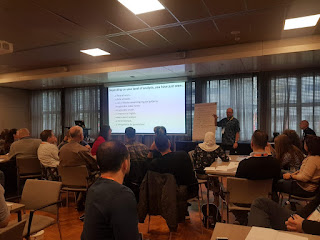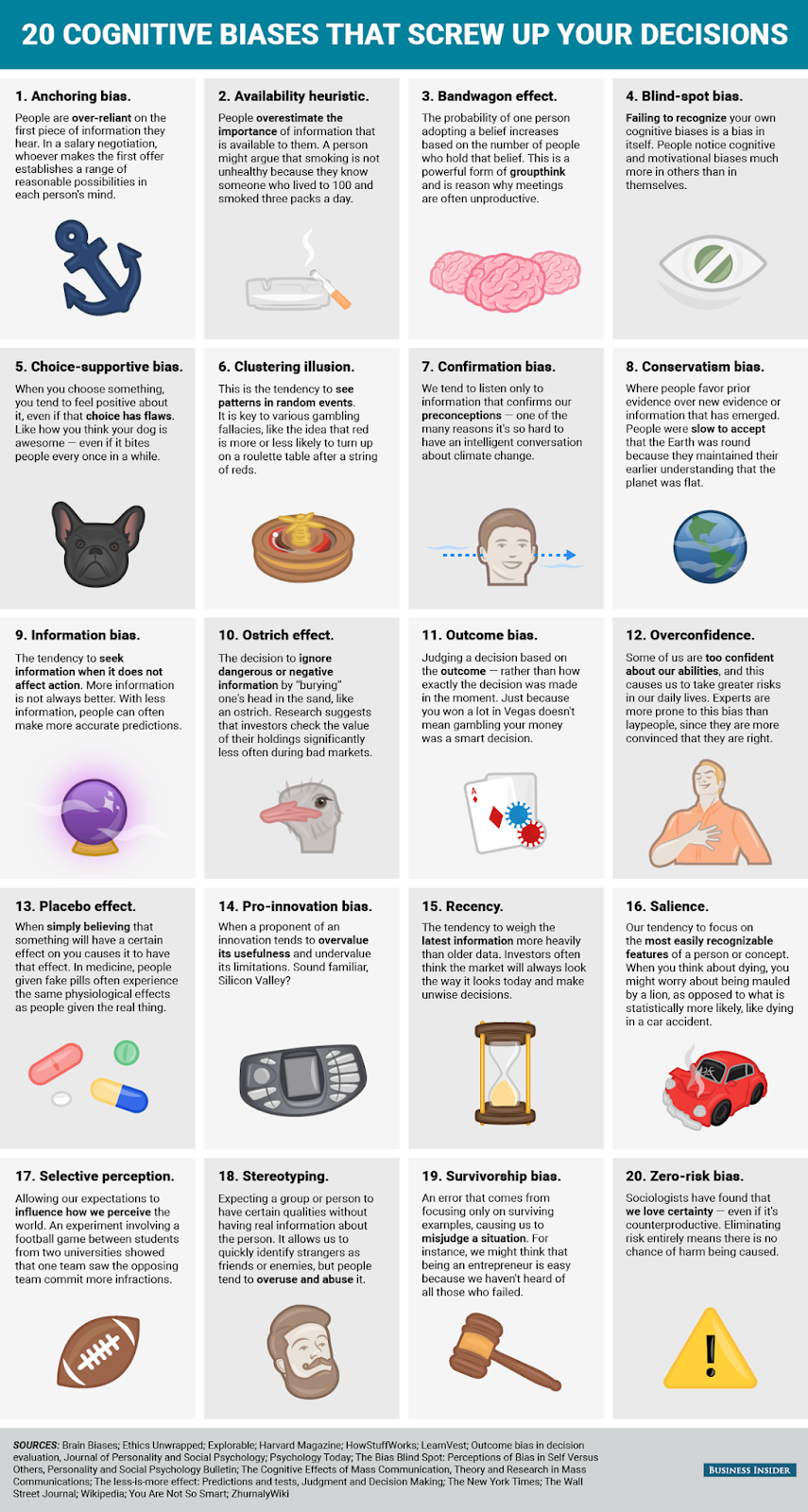Summary from EuroSTAR 2018

This year I attended my second EuroSTAR , in Haag, the Netherlands. Last one was 5 years ago in Gothenburg, so it was about time to re-visit this conference. The conference lasted 4 days, where the first 1,5 days were workshops, and 2,5 days of conference, talks and key notes - with a lot of social happenings and expo during the breaks. We were 5 in total from my company that attended the conference. Monday First day I attended a whole day workshop with Michael Bolton, "Analysis for Testers", which was very educative and reminded me to keep looking at the big picture and context of what we are testing. There were a couple of assignments that we did in the classroom, in groups, and while they could appear to be easy and straight forward, they created quite a lot of debate among the participants. Even though all in all this workshop was educative and fun, there were some improvement points that I will suggest for Michael, like having more group assignments during the middle ...



